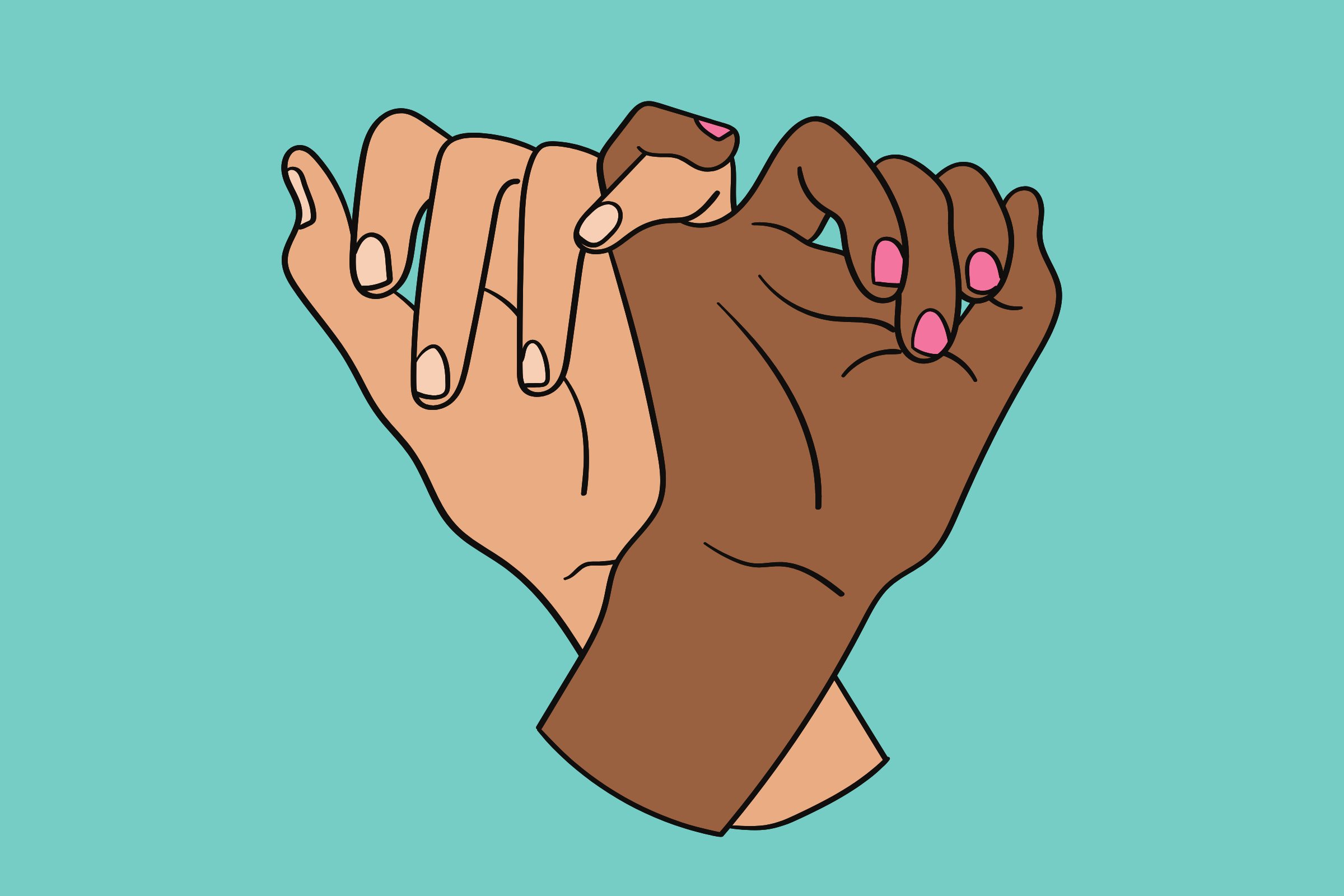It’s hard to see someone you care about struggle – especially if you don’t know what to say or how to help.
Anxiety can be confusing for those who haven’t experienced it. You might wonder where their feelings are coming from. You might think they don’t have anything to worry about. You might wish they could just take a deep breath and calm down. But anxiety is a mental health condition that can’t be willed away or simply switched off.
Anxiety is the most common mental health condition in the country. Statistics show over a quarter of Australians will experience an anxiety disorder at some stage of their life.
Like with most mental health conditions, support from friends and family plays a significant role in managing symptoms. If you’re not sure how to be there for your friend or loved one, make a start with these tips on how to help someone through anxiety.
Learn About Anxiety
We all worry or feel anxious from time to time. These feelings are a normal response to stressful situations such as changing schools, losing a job, or fighting with a partner.
But for people with anxiety, it doesn’t have to take a stressful event to provoke these feelings. Anxiety causes worry and fear that something bad will happen most of the time. Your friend might feel stress and dread in everyday situations, and find it hard to cope with everyday life.
Anxiety is different for everyone, but uncontrollable and excessive worry is one of the main characteristics of this mental illness. If you want to better understand your friend’s experience, try gently asking them to help you understand how they’re feeling.
There are several different types of anxiety conditions, and the most common include:
- Generalised anxiety disorder
- Social anxiety disorder
- Panic disorder
- Agoraphobia
- Specific phobias.
You can learn more about the different types of anxiety here.
Listen and Validate their Feelings
You don’t need firsthand experience with anxiety to understand that it’s a tough thing to go through. Let your friend know you’re there to support them, and acknowledge that their experience must be hard.
Some people with anxiety might be hesitant to open up because of the stigma around mental health. They might be embarrassed about how they’re feeling. Or maybe it just seems too hard to describe their anxiety to someone who isn’t familiar with the condition.
Make them feel comfortable to talk by letting them know you’re there to listen without judgement or questioning.
Avoid Dismissive Phrases
It can take a lot of bravery to open up about intense feelings and mental health. If your friend has built up the courage to talk about their anxiety, be mindful of how you respond.
Avoid using dismissive phrases that invalidate their feelings or make them feel judged or pressured. This might include:
- “You’re overreacting”
- “It’s all in your head”
- “There’s nothing to be anxious about”
- “There’s no point worrying”
While it may be tempting to try and cheer them up, this can invalidate their feelings and make them feel alone. If you’re not sure what to say, try simply listening and reassuring them that you’re there to help them through it.
Gently Challenge Their Thoughts
There might come a time when some gentle challenging can help your friend change their perception of a situation – without invalidating their anxiety.
For example, if they’re worried they’re going to perform poorly in their work presentation, remind them of past successes when they’ve done well. Ask them what the evidence is that their negative thought or fear is true, and if there’s a more positive, realistic way to look at the situation.
When approached with empathy and sensitivity, a bit of challenging can help stop a downward spiral of catastrophising in its tracks.
Do the Things You Enjoy
If every conversation you have is focused on their anxiety, you might find yourself feeling more like a therapist than a friend. Continue doing the things you love together, whether it’s going to the cinema, the beach, or a concert. Fun activities can be a welcome distraction from anxiety and rumination.
Research shows humour can help deal with stress and anxiety, so if your loved one is having a tough time, don’t underestimate the power of a good stand-up show or comedy film on Netflix.
Encourage Them to Seek Help
While it’s important to be there for loved ones, there’s only so much you can do to help. A mental health professional will have a deeper understanding of anxiety and be able to provide coping mechanisms for your friend’s specific circumstances.
Our professional counsellors are experienced with anxiety, depression, and other mental health concerns. Learn more about our counselling services and how to book an appointment here.
